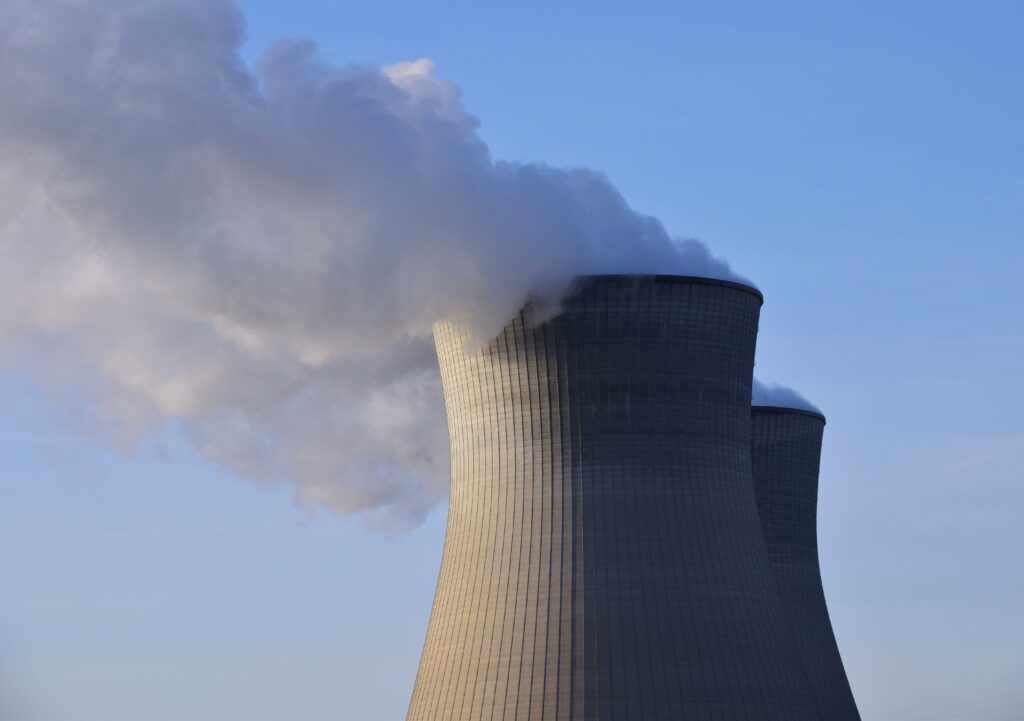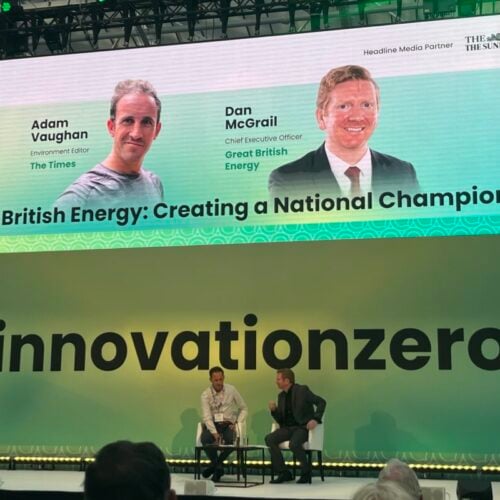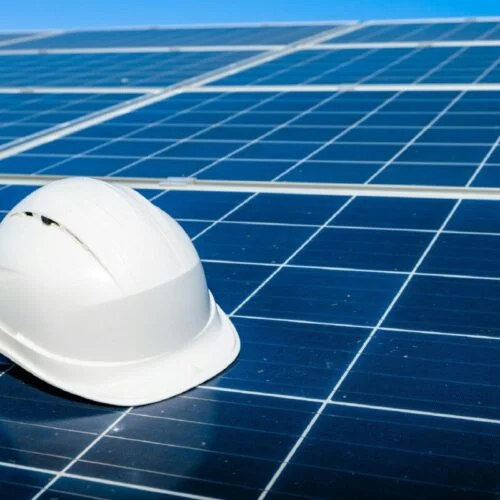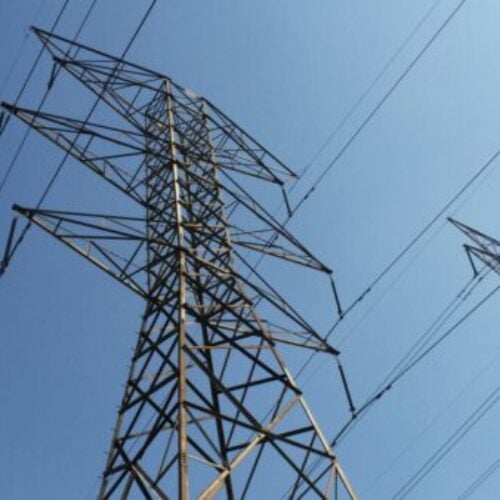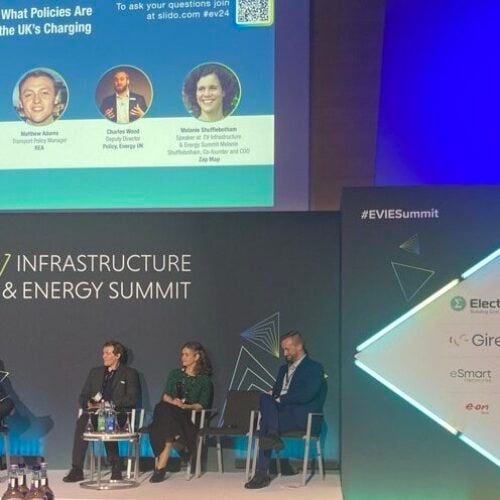The Welsh Affairs Committee Chair Stephen Crabb has called on the UK government to outline how it intends to reach its target of generating 24GW of nuclear energy by 2050.
Since the publishing of this target in the British Energy Security Strategy in early 2022, Crabb and the committee believe there has been little progress as to how this ambition will be met. He stated this must be addressed in the upcoming UK Budget announcement on 15 March 2023.
The letter reads: “Simon Bowen, advisor to the government on the establishment of Great British Nuclear, told my committee that it will be disastrous if we waited another two years because the whole of the industry will lose faith.”
The establishment of Great British Nuclear would signal to the market confidence in achieving the 24GW generation target and take steps to boost the nuclear industry, the letter read.
However, should this be delayed vital time will be lost and the industry could well lose confidence in the government. This is important as the establishment of an official nuclear programme from the government will enable the nuclear sector to take the necessary steps to secure future jobs and skills required to maintain the industry.
“We have heard strong calls from the finance and skills sectors as well as from technology developers for a programme for nuclear which sets out which technology (GW or Small Modular Reactors) the government wants to be built, where and when,” the letter said.
These calls for clarity on reaching the nuclear generation target mirrors a similar call made by the National Audit Office (NAO) via its Decarbonising the power sector report. The organisation called on the government to outline how it plans to achieve its nuclear and offshore wind targets within the next 12 months.
“The UK government’s British Energy Security Strategy sent positive demand signals to the nuclear energy sector. But since its publication in April last year, we have heard very little as to how the target to generate 24GW of nuclear energy by 2050 will be accomplished,” Crabb said.
“Nuclear energy could hold the answer to reliable baseload as we transition away from oil and gas. With mounting household bills and the spiralling costs of fossil fuels, there is a unique opportunity to galvanise the low-carbon energy sectors. Instead, the nuclear energy sector has been waiting to know the ‘when and where’ for nuclear power stations in the UK.”
Crabb additionally called for the next nuclear power station to be situated in Wylfa, Wales, in a bid to boost jobs in the rural location.
“By siting the UK’s next nuclear power station at Wylfa, highly skilled, long-term jobs will be supported in a rural area of the UK. I urge the UK government to act now, and to launch Great British Nuclear to drive progress forwards.”
